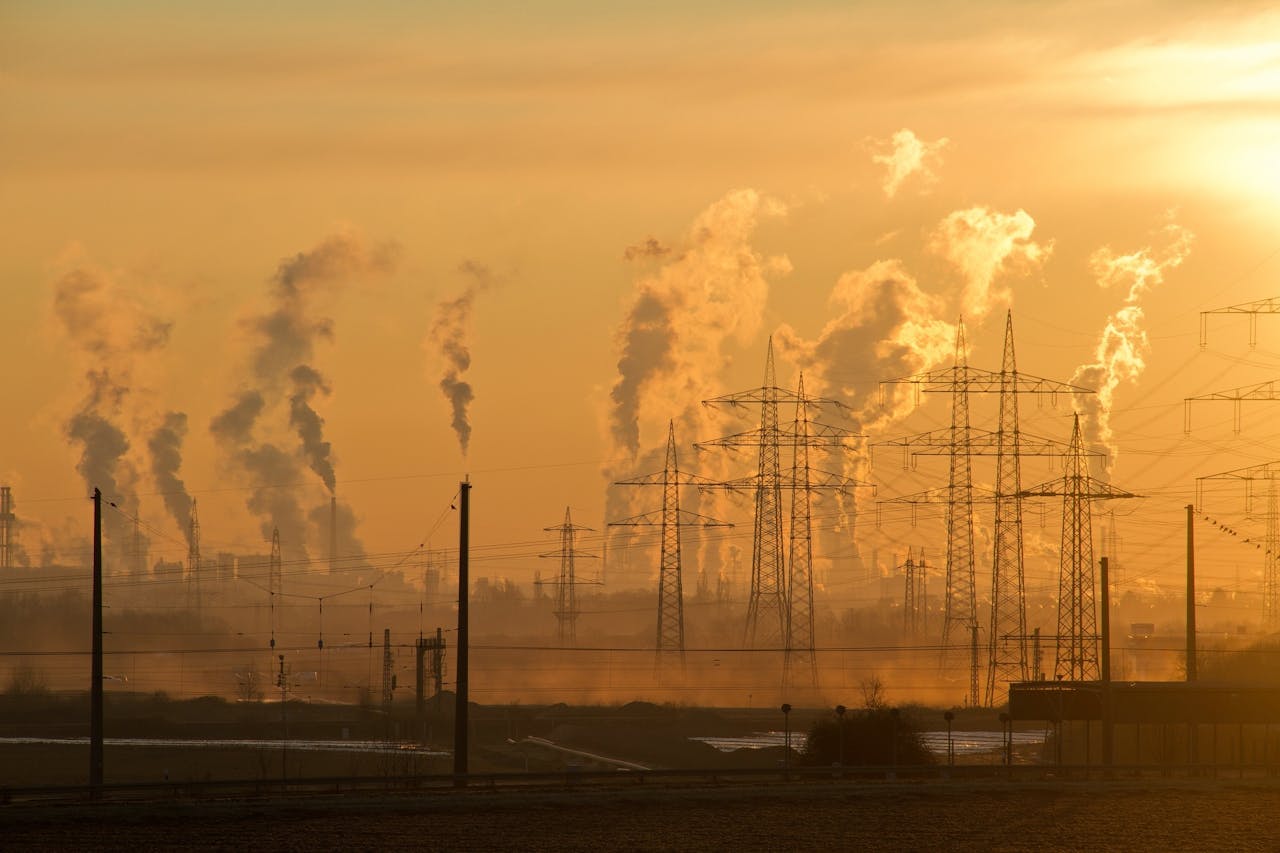The urgent need to combat climate change demands diverse perspectives and innovative solutions. Indigenous knowledge, honed over generations of close interaction with the environment, offers invaluable insights into sustainable practices, climate adaptation, and ecological understanding. Integrating this wisdom into climate policy is not only a matter of recognizing Indigenous rights and sovereignty but also a crucial step towards more effective and equitable climate action. This article explores the profound contributions of Indigenous knowledge to climate policy, the benefits of its inclusion, and the challenges that must be overcome to ensure its meaningful integration.
For millennia, Indigenous peoples have developed intricate knowledge systems rooted in deep observation of natural patterns and ecological processes. This traditional ecological knowledge (TEK) encompasses a holistic understanding of interconnectedness within ecosystems, sustainable resource management practices, and time-tested strategies for adapting to environmental variability. From predicting weather patterns through animal behavior to managing biodiversity through traditional farming techniques and understanding the impacts of environmental change over long timescales, Indigenous knowledge holds a wealth of information directly relevant to addressing the climate crisis.
The benefits of incorporating Indigenous knowledge into climate policy are manifold. Firstly, it provides locally specific and contextually relevant solutions to climate change impacts. Indigenous communities often possess unique insights into their local environments, offering adaptation strategies that are tailored to specific ecosystems and cultural contexts, potentially proving more effective and sustainable than top-down approaches. For example, traditional water management techniques in arid regions or methods of building resilience to extreme weather events developed over generations can offer valuable lessons for climate adaptation planning.
Secondly, Indigenous knowledge contributes to a more holistic and integrated understanding of climate change. It often emphasizes the interconnectedness of environmental, social, and cultural systems, offering a broader perspective than purely scientific approaches. This holistic view can lead to more comprehensive and sustainable climate solutions that consider the well-being of both people and the planet. Recognizing the spiritual and cultural significance of the environment, inherent in many Indigenous worldviews, can also foster a deeper sense of responsibility and stewardship towards nature.
Thirdly, the inclusion of Indigenous knowledge in climate policy promotes social justice and equity. Indigenous peoples are often disproportionately affected by climate change despite contributing the least to its causes. Recognizing and valuing their knowledge is a step towards acknowledging their rights, empowering their participation in decision-making processes, and ensuring that climate policies are culturally appropriate and do not further marginalize their communities.
Furthermore, Indigenous knowledge can offer valuable long-term observational data on environmental changes, often spanning generations. This historical perspective can complement scientific data, providing a deeper understanding of past climate variability and its impacts, which can be crucial for informing future climate projections and adaptation strategies. For instance, oral histories documenting changes in ice patterns or species distribution can provide insights that instrumental records may not capture.
Despite the clear benefits, significant challenges hinder the effective integration of Indigenous knowledge into climate policy. These challenges include epistemological differences between Indigenous knowledge systems and Western scientific paradigms, which can lead to misunderstandings and a lack of recognition of Indigenous knowledge as valid and reliable. Power imbalances between Indigenous communities and government agencies or scientific institutions can also marginalize Indigenous voices and perspectives in policy-making processes.
Lack of appropriate consultation and engagement mechanisms that respect Indigenous protocols and decision-making processes is another significant barrier. Often, consultations are rushed or do not genuinely incorporate Indigenous perspectives into policy outcomes. Issues related to intellectual property rights and the protection of traditional knowledge must also be addressed to prevent the misappropriation and exploitation of Indigenous knowledge.
Overcoming these challenges requires a fundamental shift in approach towards genuine collaboration and partnership between Indigenous communities, scientists, and policymakers. This includes building trust through respectful and long-term relationships, ensuring free, prior, and informed consent in all research and policy processes, and developing mechanisms for the equitable sharing of benefits arising from the use of Indigenous knowledge.
Furthermore, capacity building on both sides is crucial. Indigenous communities may need support to effectively engage in policy processes, while policymakers and scientists need to develop a deeper understanding of Indigenous knowledge systems and methodologies. Flexible and culturally appropriate policy frameworks that recognize the unique characteristics of Indigenous knowledge and governance structures are also essential.
In conclusion, the integration of Indigenous knowledge into climate policy represents a significant opportunity to develop more effective, equitable, and sustainable solutions to the climate crisis. By recognizing the profound wisdom and deep understanding of the environment held by Indigenous peoples, we can enrich our approaches to climate adaptation and mitigation, foster social justice, and move towards a future where diverse knowledge systems work together for the benefit of all. Bridging the gap between Indigenous knowledge and Western science, while respecting Indigenous rights and sovereignty, is not just an ethical imperative but a pragmatic necessity in our collective efforts to address the urgent challenge of climate change.
